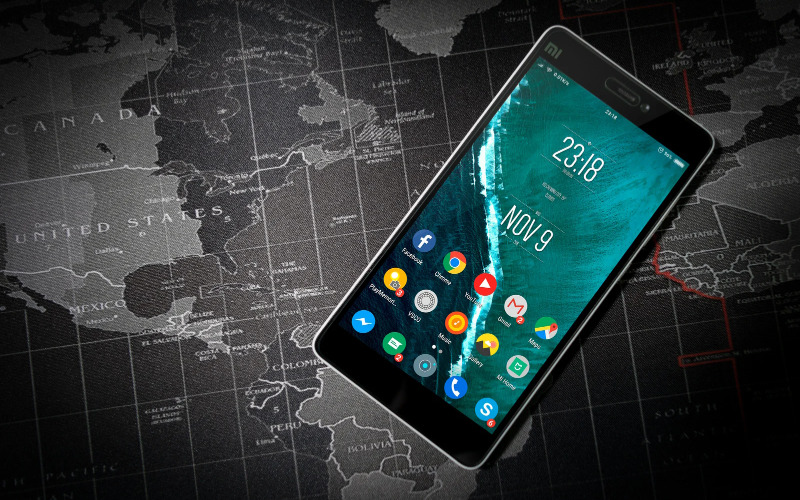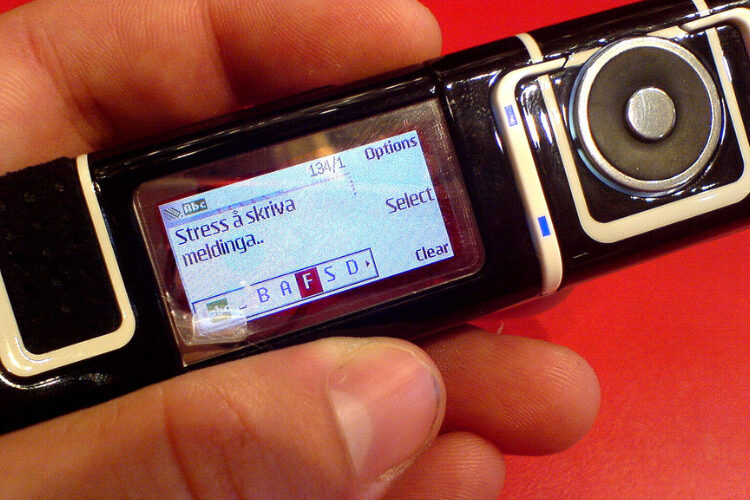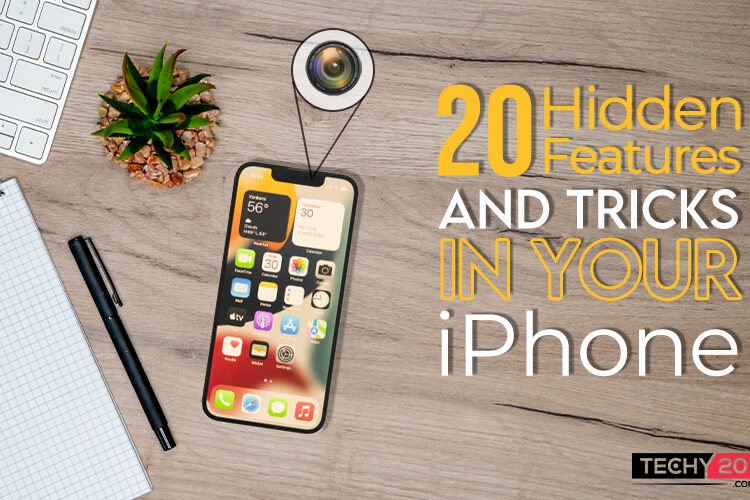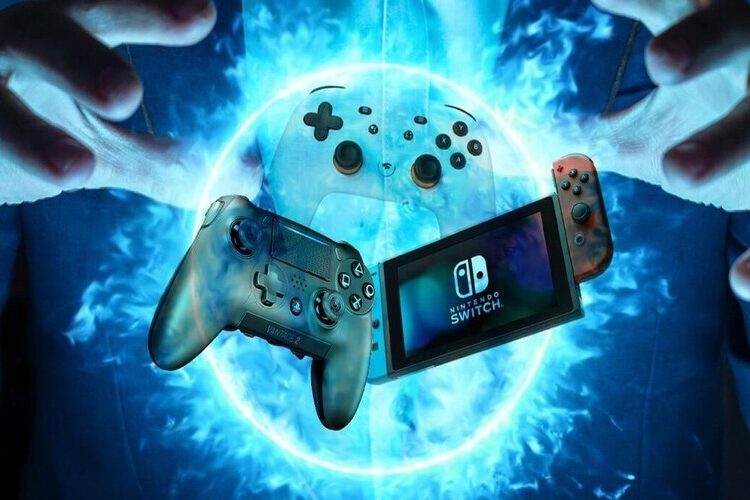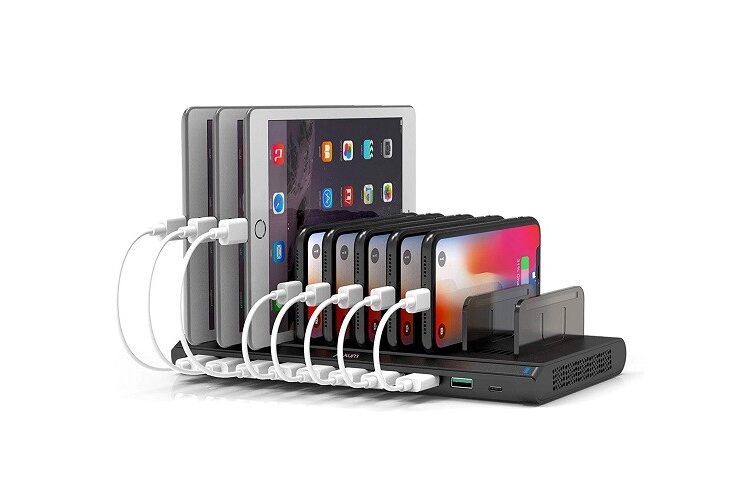1. Budget
Carefully setting a budget is very important because you don’t your bank account to feel a great hit in the guts the moment you make a very unnecessarily large and expensive purchase. It is also a good thing to consider because it will help you narrow down the seemingly endless list of possible smartphones you can purchase, ultimately making it easier for you to choose.

2. Usage
It is of great importance to choose a gadget that can suitably serve your personal needs and preferences. For example, if photography is a predominant use for you, it would be smart to choose a device that possesses a camera of high quality. This would provide you with the best possible features required for you to shoot and click high-quality pictures as required.
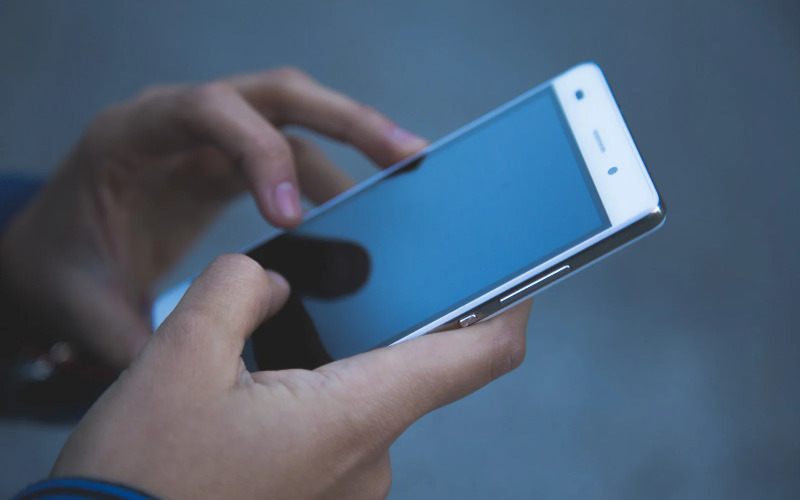
3. Processor
The processor is a crucial element of a smartphone as it determines the speed and overall operation of the device. As such, selecting a phone equipped with a good enough processor guarantees that the phone can handle the most complicated tasks with seamless ease and without any hint of lag. The processor also has a direct impact on the battery life of the phone. In particular, stronger processors tend to consume more energy, which, in turn, can result in a shorter battery lifespan.

4. Camera
Choosing a smartphone with a superior camera is a matter of great importance for a considerable number of users. Such an act would ensure that one can capture unique photos and videos which won’t be possible with just any camera.

5. Battery
The evaluation of the longevity of a cellular device’s battery life is a pivotal element when selecting a new smartphone. The duration of the battery life dictates the amount of time one can operate their phone before recharging it. Thus, it is essential to choose a device with extended battery life to ensure that one can utilize it for a prolonged period without requiring a source for replenishment. The battery life’s duration varies significantly among disparate phone models. For instance, certain devices have a larger battery capacity, while others possess more effective processors that can impact the battery life’s quality.

6. User interface/OS Version
The manner in which you interact with your smartphone depends on the user interface or OS version you have. Picking a phone with an interface that is comprehensible and straightforward will guarantee that you can use your device effectively. The user interface or OS version also has an impact on the phone’s functions and capabilities. For instance, updated operating systems may offer additional features, better performance, and improved security protocols.

7. Storage
The storage capacity of your device is a critical factor to consider when selecting a phone. The amount of data you can store on your device is directly proportional to its storage capacity. Choosing a phone with sufficient storage capacity is imperative to ensure that all your media files, including photos, videos, music, and other documents, are adequately saved without any concerns about running out of space.

8. Security/Other Features
Smartphones possess an enormous repository of personal information, comprising sensitive data such as login credentials, financial records, as well as personal photographs and videos. Therefore, the selection of a mobile device that features strong security measures is of paramount importance as it guarantees the safeguarding of your data against unauthorized access and larceny.
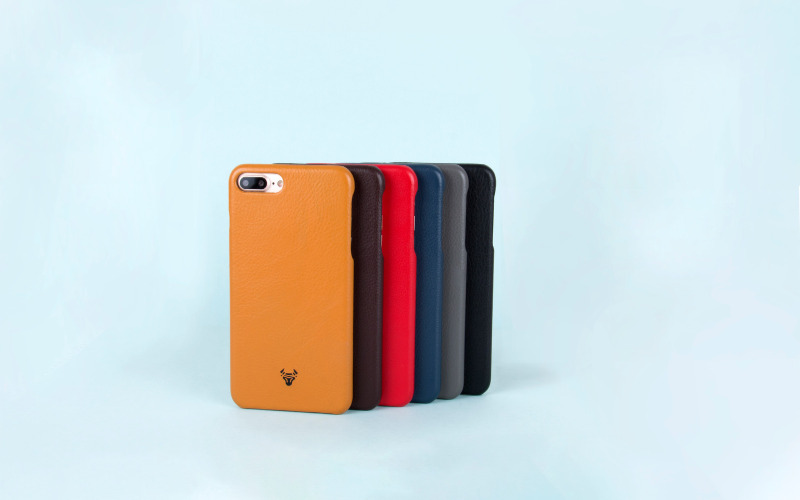
9. Audio Speakers
The quality of the audio speakers has a significant impact on the user’s overall experience regarding the satisfaction they receive from their phones. If you are a whiz of viewing motion pictures, streaming videos, or even listening to musical compositions on a handheld device, then you must ensure that the acoustic clarity is of the highest echelon.
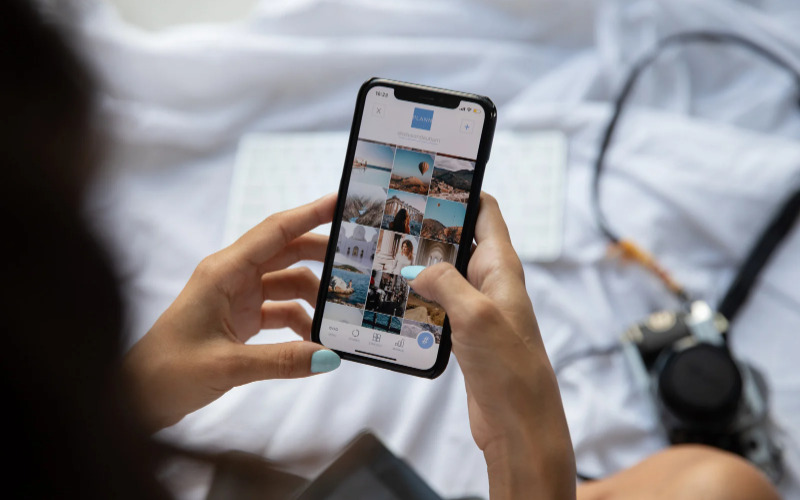
10. Headphone Jack/USB Port
the headphone jack is essential if you prefer using wired headphones or earbuds. Some newer phone models have eliminated the headphone jack, so if this is an important feature for you, then you need to carefully consider which phone model to purchase. The USB port is essential for charging your phone and transferring data to and from your device. Some phones now use a USB-C port instead of the traditional USB-A port, so you need to ensure that your existing cables are compatible or purchase new ones.
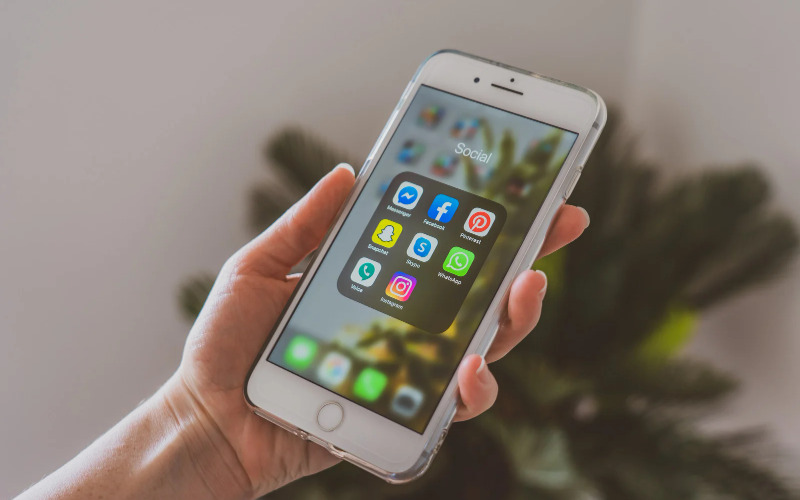
11. Build Quality
When it comes to phones, the way they’re built can make a big difference in how long they last and how nice they feel to use. If a phone isn’t built very well, it’s more likely to break or stop working properly, which can end up costing you a lot of money in repairs or replacements. Plus, if a phone feels cheap or uncomfortable to hold, it can be a real pain to use for more than a few minutes at a time.
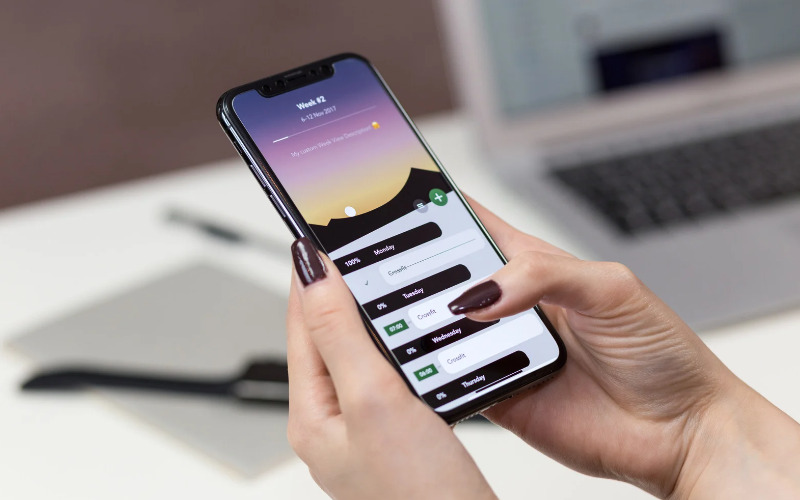
12. Display
The interaction between humans and their mobile devices is primarily through the display, making it crucial to choose one that is user-friendly and provides an excellent user experience. The size and resolution of the display can significantly impact the quality of visual content displayed on your phone. If you frequently use your phone for streaming videos, browsing the internet, or gaming, then selecting a display with high resolution is necessary to ensure a clear and lively image.
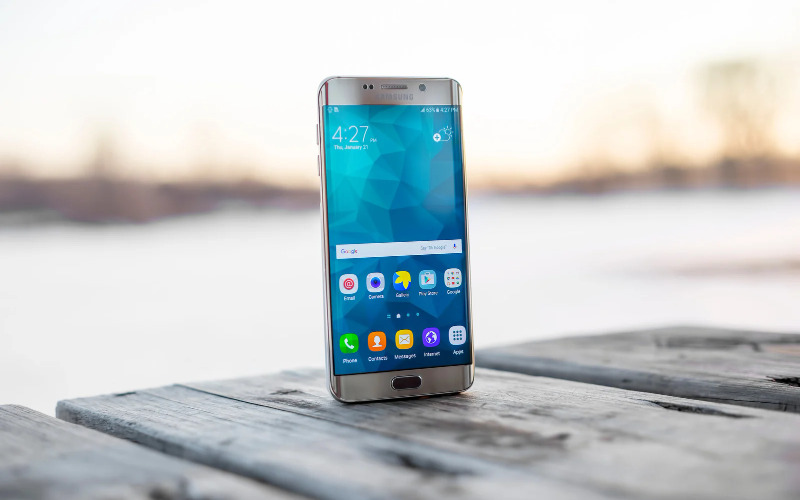
13. Size
The magnitude of a phone may significantly impact its portability and usability. A phone that is excessively massive or minuscule could induce discomfort when held for long periods, thus rendering it impractical for everyday purposes. The size of a phone can substantially influence user experience when it comes to tasks such as browsing the internet, watching videos, and reading.

14. Speed
The velocity at which a cellular device operates has a significant impact on its overall performance and responsiveness. If a cellular device has a processor with a high velocity and sufficient random-access memory (RAM), it can efficiently execute multiple applications and operations simultaneously without any lag, providing a seamless and effective user experience.
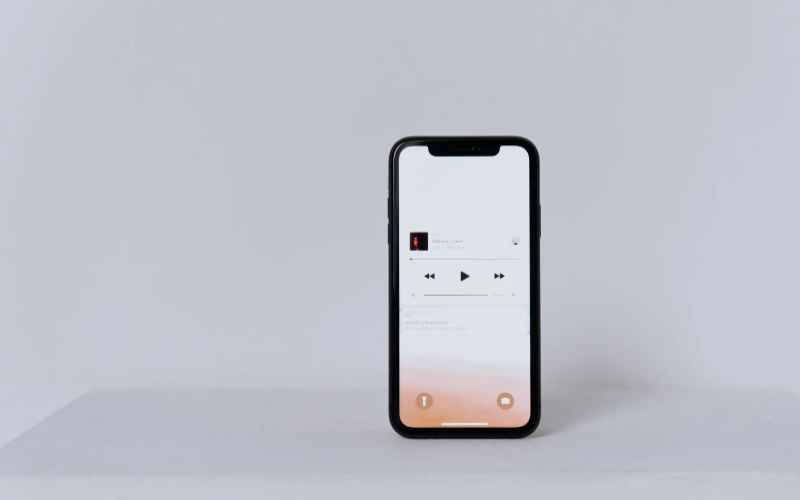
15. Specific Needs
It is common knowledge that a phone that is deemed perfect for one individual may not necessarily meet the needs of another person, taking into account their preferences and requirements. A person whose primary use for their phone is photography may prioritize a phone that has a camera of exceptional quality. Conversely, if the phone is primarily used for work-related purposes, an individual may place importance on a phone that has a fast processor and a generous amount of storage space. Furthermore, if someone spends a significant amount of time outdoors or travels frequently, they may opt for a phone that has a sturdy build and a battery that lasts long periods.
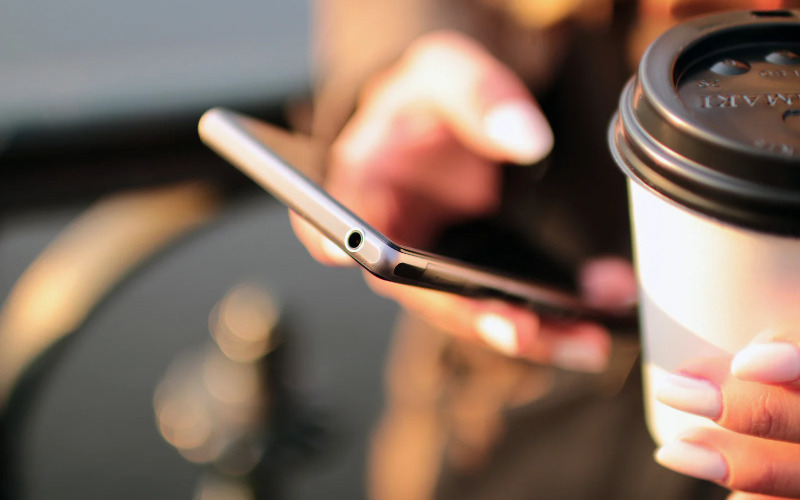
16. Networking Technology
If you travel abroad often, it’s really important to check if your phone will work with the local network technology. Some phones might not be compatible with certain network technologies like GSM or CDMA, and this can make it tough for you to make calls or use data while you’re overseas.

17. Add-Ons or Pre-Installed Applications
When one obtains a new mobile device, one may discover that the pre-installed applications consume a significant amount of storage space, which may decrease the phone’s processing speed. Some manufacturers may also provide their own custom user interface or applications, which can be a positive or negative attribute based on personal preference. Therefore, it is crucial to conduct thorough research on the pre-loaded applications and assess their usefulness to decide if they can be uninstalled or not.
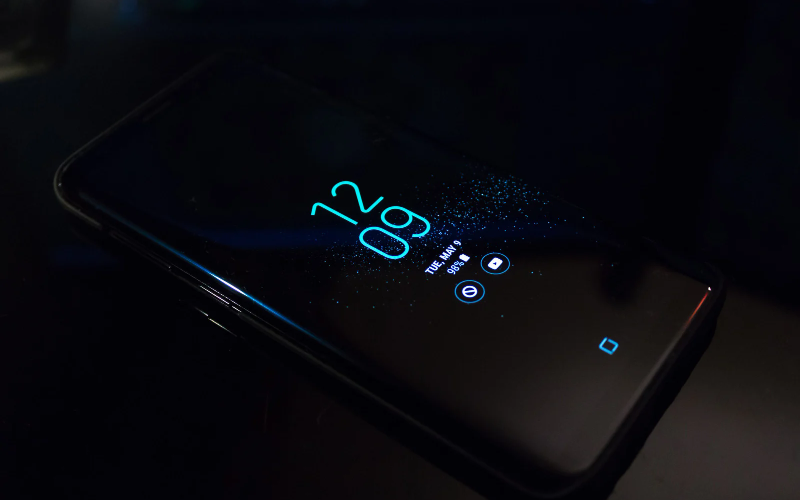
18. Accessories Available
There exist a lot of supplementary accessories for smartphones, covers, screen guards, wireless chargers, and photographic attachments. It is important to clearly research and consider facts regarding the add-ons accommodated to a specific phone model and to figure out which ones are good for your own personal device.
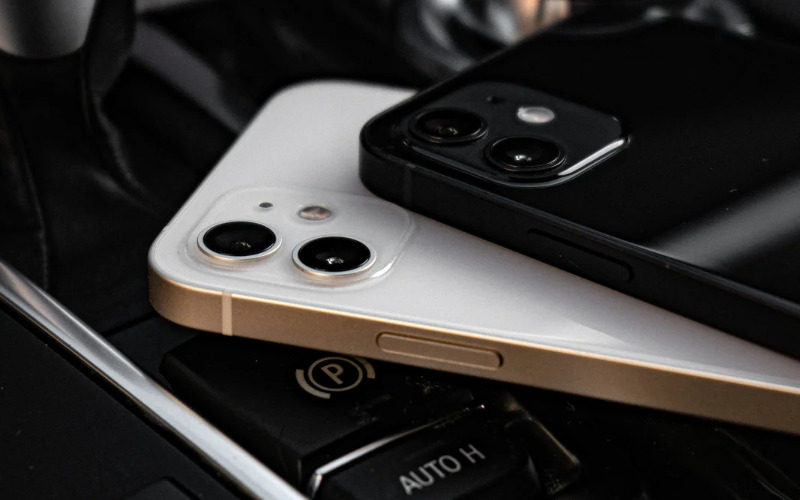
19. After-Sale Service
After-sale service can include things like warranties, repair or replacement policies, customer service availability, and technical support. It’s important to research the after-sale service offered by the phone manufacturer or retailer and determine if it meets your needs and expectations. In the event that your phone needs repairs or maintenance, having access to reliable and timely after-sale service can save you time, money, and frustration

20. Brand Reputation
A product’s brand can potentially serve as an indicator of its caliber and dependability. A brand that has established itself and garnered a positive reputation is more inclined to manufacture high-end products that are robust, efficient, and enjoy a longer lifespan. The reputation of a brand may also serve as a reflection of the extent and quality of customer service, as well as after-sales assistance, which a manufacturer is willing to provide. A reputable brand is more likely to boast of a customer service squad that is both formidable and reliable, a crucial consideration if and when complications with a product do arise. Overall, it is necessary to note that without proper research and knowledge of the currently prevalent technologies available when it comes to smartphones, buying one could easily result in a waste of time, money, and a lot of dissatisfaction. To avoid these, it is highly recommended to take your time before making such an expensive and important purchase.
